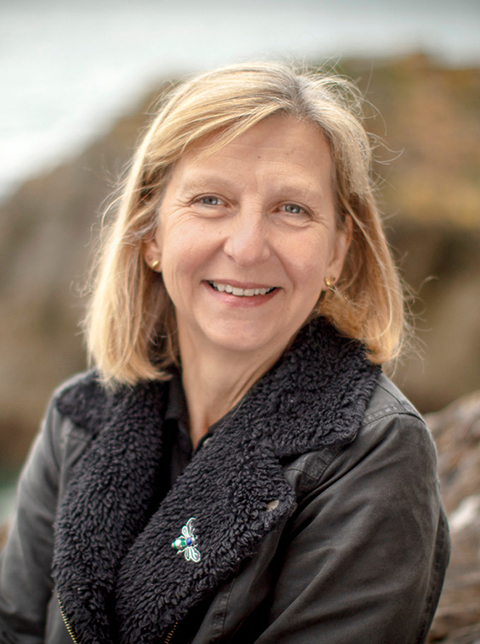MESSAGE

You may feel disheartened by the destruction of the natural world that has resulted from humanity’s endless quest for growth and advancement. You may feel that there is nothing you can do to prevent this from happening. But you would be wrong. Humans are a clever and resourceful species and there are many ways that you can help to protect the environment around you.
To take plastic pollution as an example, plastic litter is not a problem for someone else, it is a problem for all of us and we can each help in the fight for a cleaner future. Why do we make things that last 100 years and then only use them for 20 minutes before throwing them away? Could you help to design a future where this doesn’t happen?
You could organise a beach or street clean up, or design new materials and better ways of recycling so that plastic litter doesn’t reach the ocean in the first place. Get yourself a reusable drinks bottle and learn how to repurpose and repair things instead of always buying something new. We all need to learn to live within the boundaries of what the planet can provide for us to protect it for ourselves in future.
Tamara Galloway,
Professor of Ecotoxicology
College of Health and Life Sciences
University of Exeter, UK
Website http://biosciences.exeter.ac.uk/staff/index.php?web_id=tamara_galloway
Short biography
Tamara is Professor of Ecotoxicology at the University of Exeter, UK and has an Honorary Chair at University of Exeter Medical School. Her research focus is in understanding how organisms adapt and survive in polluted environments and she studies the health effects of some of the most urgent global pollutants, including plastic litter and microplastics. Her research has helped to protect the environment by supporting international legislation to control hazardous materials such as microplastics and harmful plastic additives. She has won many awards, including an Order of the British Empire, Queen’s Anniversary Prize 2019 and Asahi Glass Foundation Blue Planet Prize 2023. She has been listed by Clarivate as one of the ‘World’s Most Highly Cited Researchers’ and her work has featured in the popular press and social media, reaching millions of people across the world.